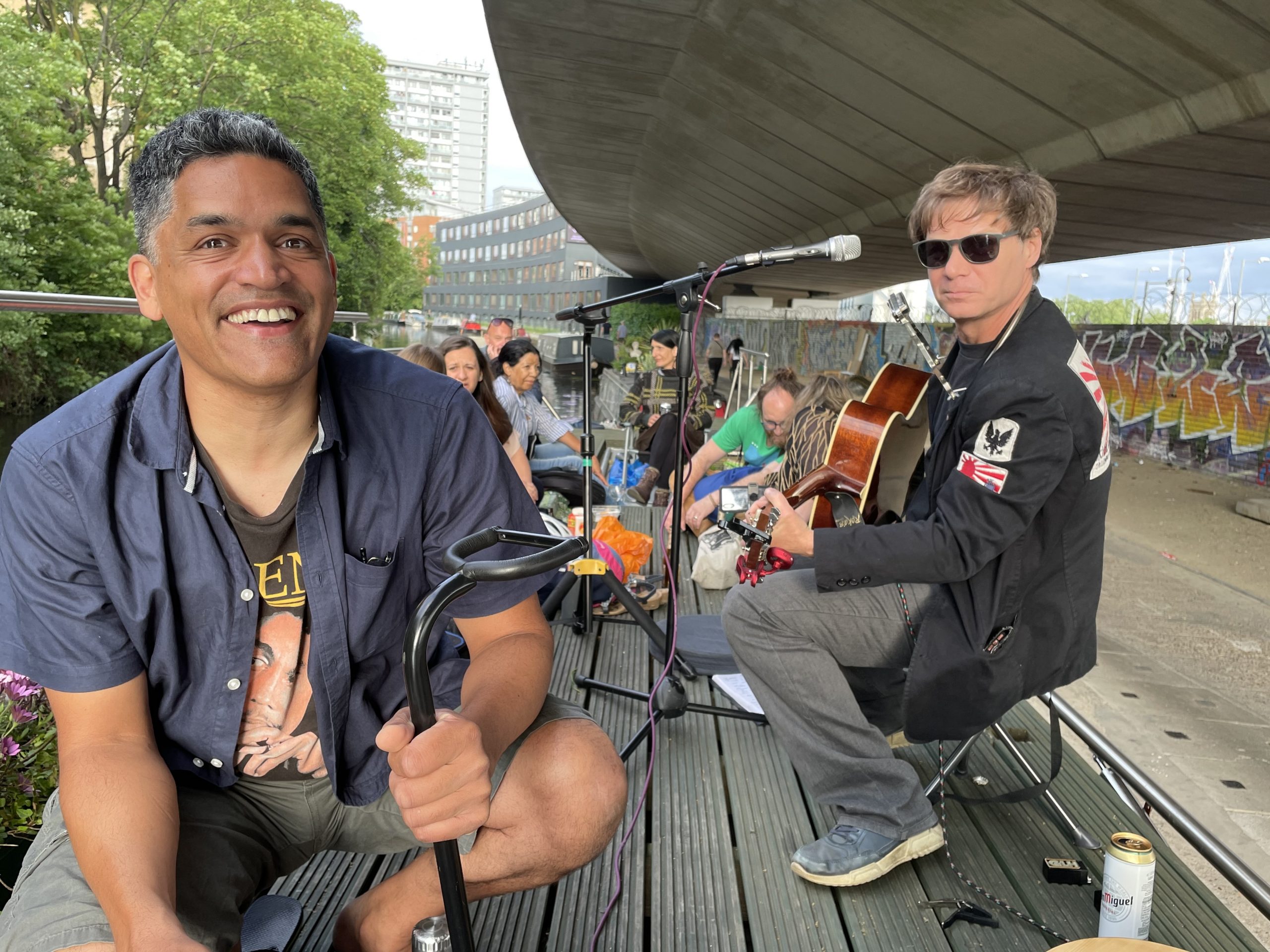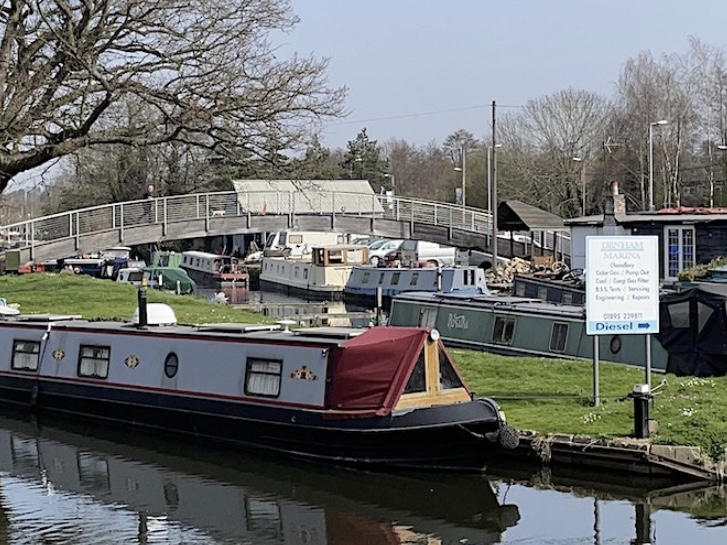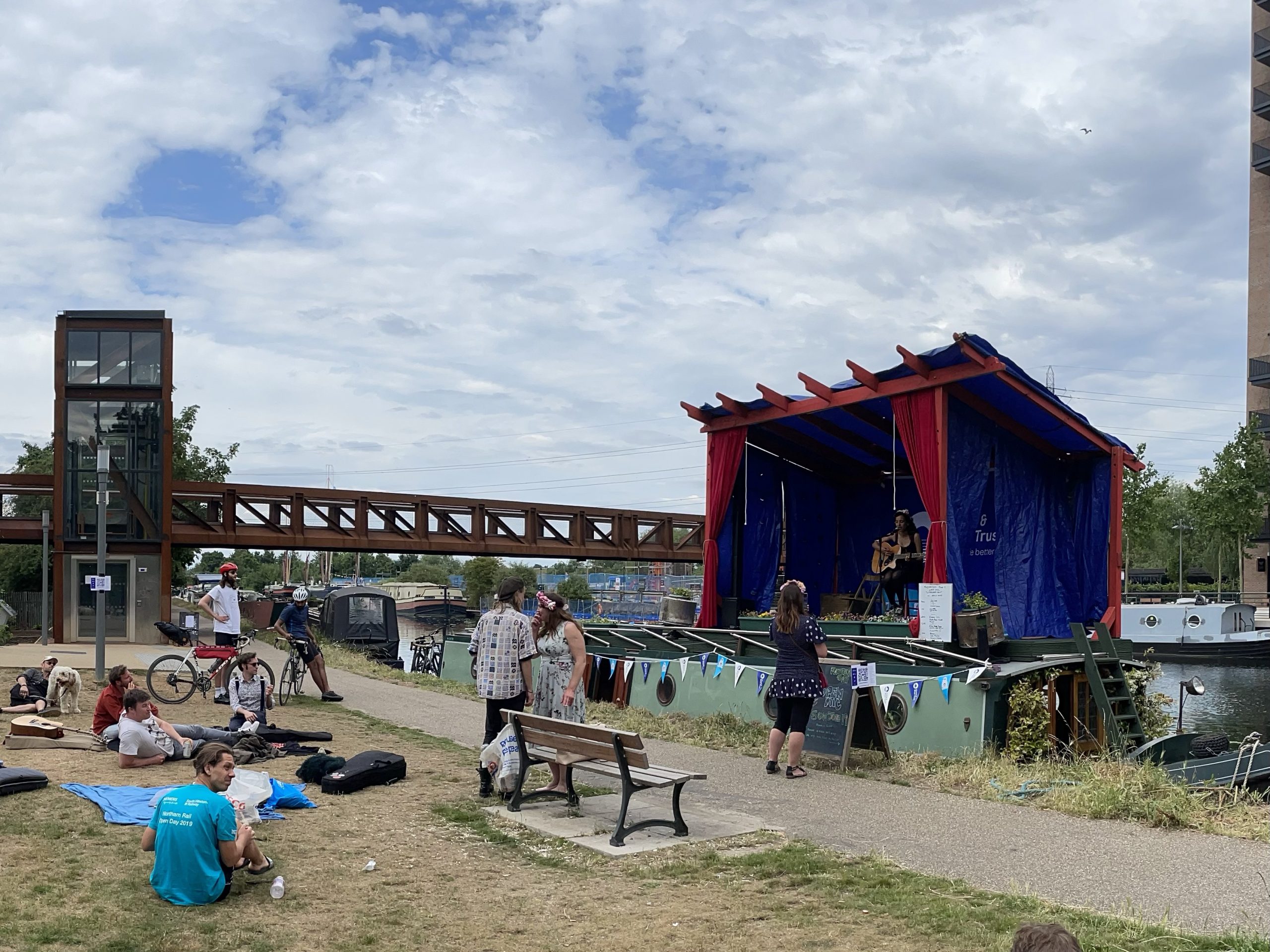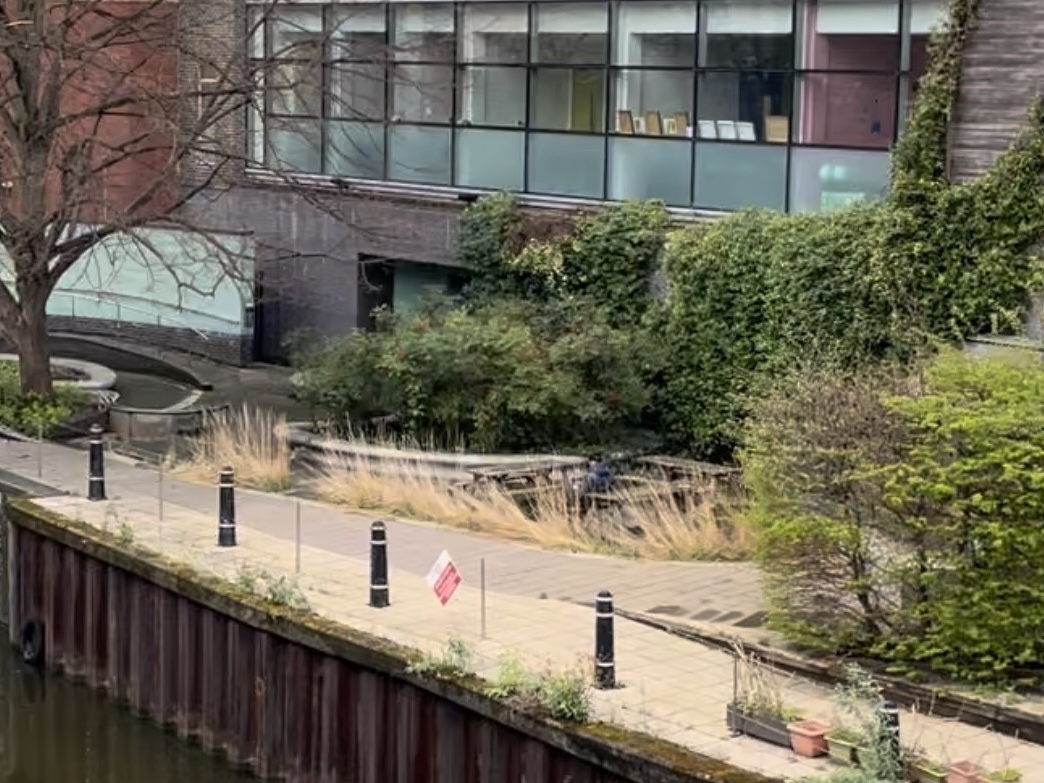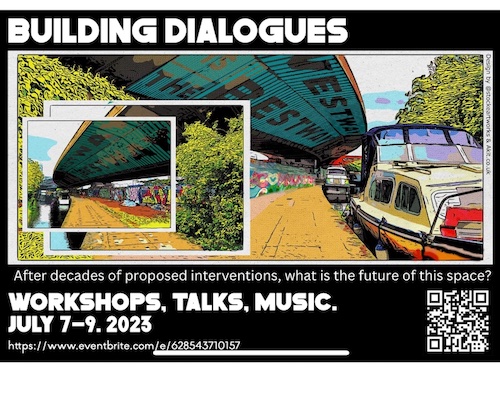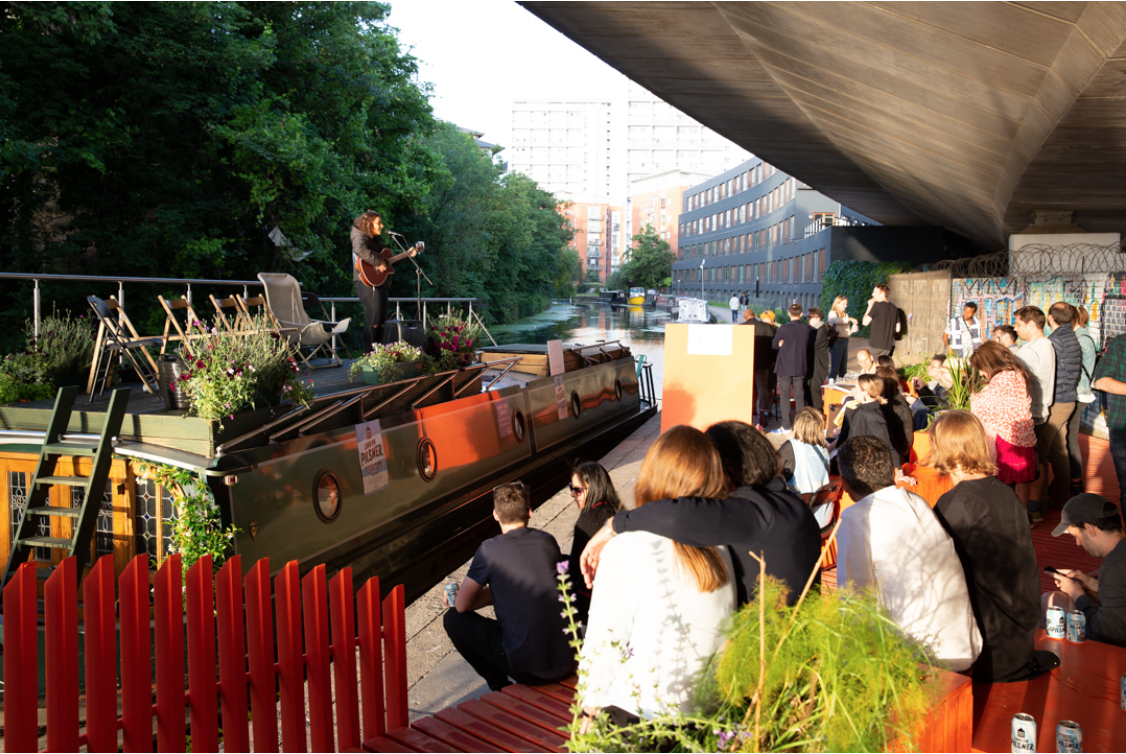People have sung for their supper on London streets since Pre-Elizabethan times. And for just as long, authorities have struggled to regulate them. Public Space Protection Ordinances restrict amplification. Police ask you to move along. Equipment has to be transported, weather is unpredictable and the audience can’t sit down. It’s a perfect training ground for learning to deal with rejection. No wonder so many headline artists began as buskers. Busking is the grassiest of grassroots music traditions.
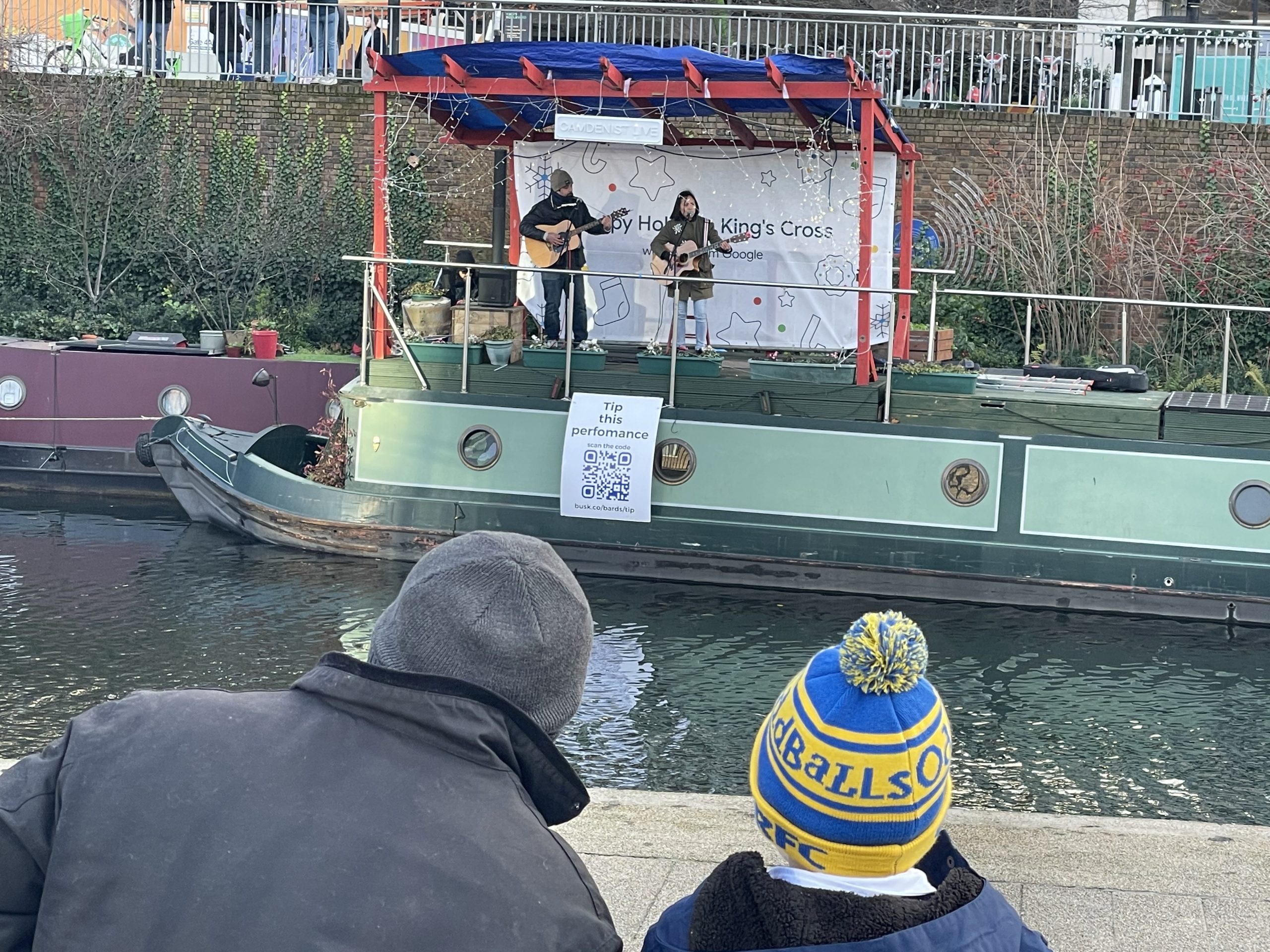
Your Content Goes Here
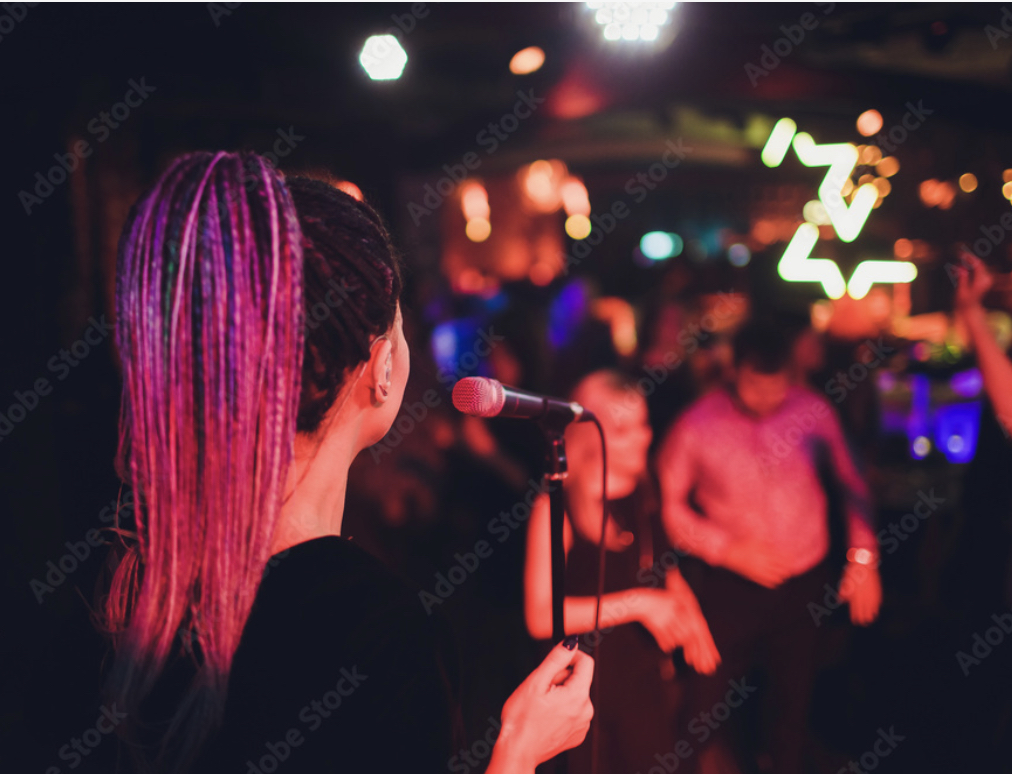
Or are "open mics" even closer to the root? Consider, people playing one of 70 open mics across London each week aren't even thinking of payment. They're trialing new songs or playing old ones in their first step from shower to stage. But if expectations are lower than a busker's, the challenges are arguably higher. Buskers don't contend with audiences who prefer to watch football, or have a conversation, and have no problem asking can you please turn down the music? But half the audience is usually waiting their turn at the mic. So there's enormous support as well. No surprise that while we're used to hearing how Ed Sheeran and Tracy Chapman began as Buskers, no one talks about who started playing open mics. Because everyone did.
The "Floatin' Mic" -- something we most recently demonstrated at Kings Cross over Christmas -- provides London's best unsigned artists with the best of both. Like an open mic, we provide sound and a legal place to perform; musicians only need bring their instruments to play. And with a giant QR code, visible across the canal, we can collect tips and share them equitably with the artists. And on top of that.... it's a boat! And, as Ratty famously said to Mole, "...there is nothing -- absolutely nothing -- half so much worth doing as simply messing about in boats."
Check out the accompanying video to see what musicians and audience had to say.
Your Content Goes Here


